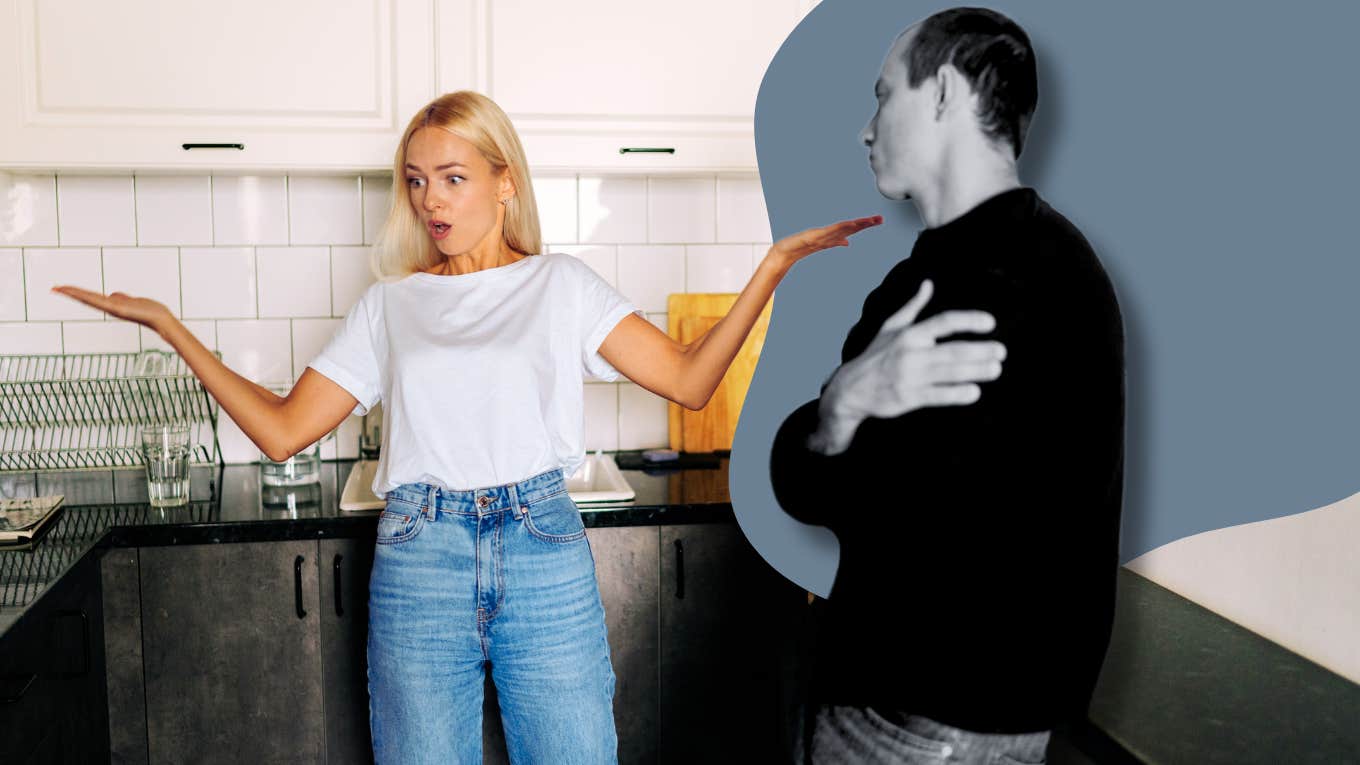4 Reasons Why The Best Relationships Are Not Based On Compatibility
Why would you want to be with someone who's just like you?
 Dikushin Dmitry | Shutterstock
Dikushin Dmitry | Shutterstock Birds of a feather flock together. Well, that may be true in the avian world but, sadly, it doesn’t always work out that way in the land of long-term, committed relationships. Okay, I’ll give you this: it may be true that, in our search for That One Right Person, we do end up gravitating toward potential partners who are more like us than not. That just makes sense.
But under this innocent and very understandable preference for perceived compatibility lies the innocent and somewhat dangerous belief that if we marry someone truly compatible with us, this compatibility will protect our marriage from eventual demise. It's dangerous because it’s not true. Think about it. Doesn’t everyone know a couple that’s divorcing because they’ve "grown apart"? Exactly.
Here are 4 reasons why the best relationships are not based on compatibility:
1. A person just like us doesn't exist
First of all, the person who shares our every value and interest truly doesn’t exist. We know this. And yet we keep hoping and searching. A friend of mine has an actual checklist (yes, written on paper) of qualities her eventual mate must have for her to even consider going on more than one date with him. Perhaps not surprisingly, she is still single. But sometimes it happens, doesn’t it? Sometimes THIS happens:
- "We are so much alike."
- "I’ve found my soul mate."
- "We like all the same things!"
And then we’re all in. But not so fast!
2. Compatibility is an illusion
Because as sure as we are in this moment that we found our perfect soul mate, this sense of perfect compatibility we feel often turns out to be only an illusion of sameness. If you doubt this, consider how honest you were about your shadow side the last time you were getting to know someone. What little dark details did you leave out of those initial rounds of storytelling and baring of souls?
3. We're not aware of our flaws
Even more important (and unnerving), few of us have much insight into our complexities, much less about those of another person. Most of us, to quote Alain De Botton, have "the sincere impression that we are quite easy to live with," when in fact we have some pretty ragged and annoying edges. So even if we try to reveal all to a potential mate, we obviously can’t be honest about facets of ourselves about which we lack awareness. So the information we share in that "getting to know you" phase (which can last a lifetime, if you think about it) is... well ... suspect.
4. Your same-ness is based on the same broken-ness
This is truly unfortunate, but the sense of alikeness or compatibility we feel for someone is often organized around our mutual brokenness. If this is true, then within our committed relationships, we often look to recreate patterns and dynamics from our childhood that may not work very well in the adult world. We can’t necessarily be counted on to save the day when things get rough.
More important than the interests and values we share is how we relate as we engage in these interests and live out these values. Couples can and do fight, and they fight destructively, in all kinds of situations — at Disneyland, on a trip to Italy, while training for a marathon. What becomes truly important as a relationship progresses — and is predictive of relationship longevity, according to relationship researcher Dr. John Gottman — is how a couple interacts while pursuing these interests or living out these values.
One couple shares a love of the Christmas holiday but fights every year over the proper decoration of the Christmas tree, while another Christmas-loving couple decorates one side of their tree in multi-colored ornaments and lights and the other side all in bisque. (This happened, and this same couple owns two coffee makers set to go off each morning, one that makes a strong brew for him and one that brews it lighter for her. Brilliant!) De Botton echoes this couple’s wisdom when he observes that "the person who is best suited to us is not the person who shares our every taste ... but the person who can negotiate differences in taste intelligently — the person who is good at disagreement.”
Consider James Carville (lead strategist for Bill Clinton’s 1992 presidential campaign) and Mary Matalin (Deputy Campaign Chief to the former George H.W. Bush). According to their words in a 2014 CBS News interview with the couple, they live peacefully despite their pretty extreme ideological differences, noting that they are more likely to argue about pets than politics. "Compatibility is an achievement of love; it must not be its precondition," writes De Botton. (Can you tell I love this guy?) And this compatibility we work to build along the way — with countless moments of yearning to understand, respectfully disagreeing, and moving toward compromise — is much stronger and truer than the perceived one with which we often begin our relationships.
Anne Barker is a writer and psychotherapist specializing in working with couples and individuals on all manner of relationship issues.

